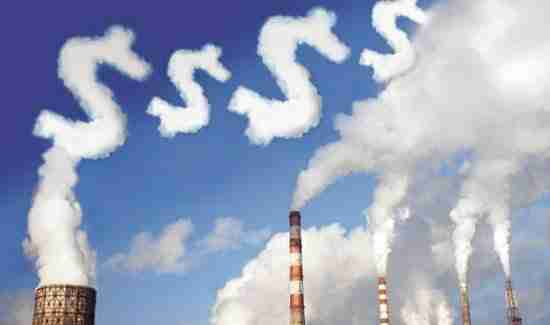 |
| It's always about money |
And if fossil fuels become more expensive, alternative sources of energy generation become more attractive economically. The reason energy companies like coal and natural gas is because they are cheap - make them less so and that same profit-seeking motive will fall in behind the better economics of solar, wind and wave power.
But this is a steep hill to climb. People are for climate change mitigation in general, but all it takes to get them to vote against it is a campaign to frighten them about the costs. And supporters of climate change mitigation regulations do a terrible job of addressing these concerns. They run away from them, or they try to add tweaks to the rules that reduce the cost to consumers. The reason they do this is that, as mentioned above, these costs ARE real - the are a necessary outcome of pricing carbon externalities into fossil fuels prices. One cap and trade proposal even includes using the income generated by emission coupons to offset price increases to consumers. That, my friends, would be stupid and pointless. If people don't reduce their consumption of fossil fuel energy, the caps will be impossible to sustain.
It's kind of weird. People understand that if they want something, they have to pay for it. So one must assume that when it comes to climate change, infrastructure, public transit and low-income housing people SAY they want it, but they don't actually want it enough to pay for it. This suggests that a better marketing campaign is in order - if you want people to buy something, you have to sell it to them based on value and return on investment.
...
This suggests that a better marketing campaign is in order - if you want people to buy something, you have to sell it to them based on value and return on investment.
ReplyDeleteThe people with most of the money are on the other side, and can afford better marketing campaigns.
Climate Science Is Not Settled - The WSJ
Now ask yourself, how many times has the WSJ screamed, "The case is settled, and we must bomb/invade right now!!!"
The same thing happened with cancer and smoking. But this will have much larger ramifications than a huge number of nicotine addicts slowly dying of cancer.
~
By the way, Steve Koonin was former chief scientist at BP.
Delete~